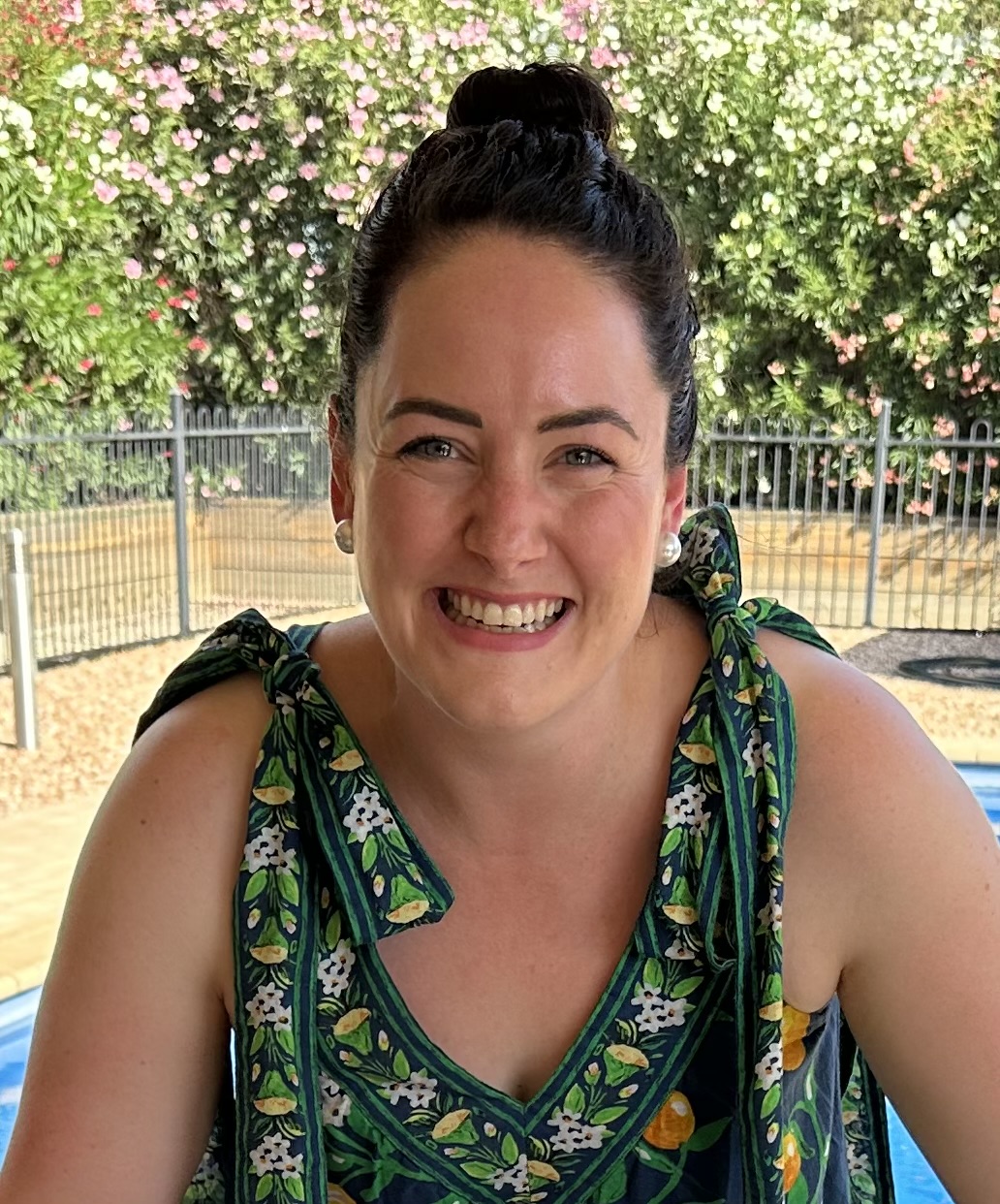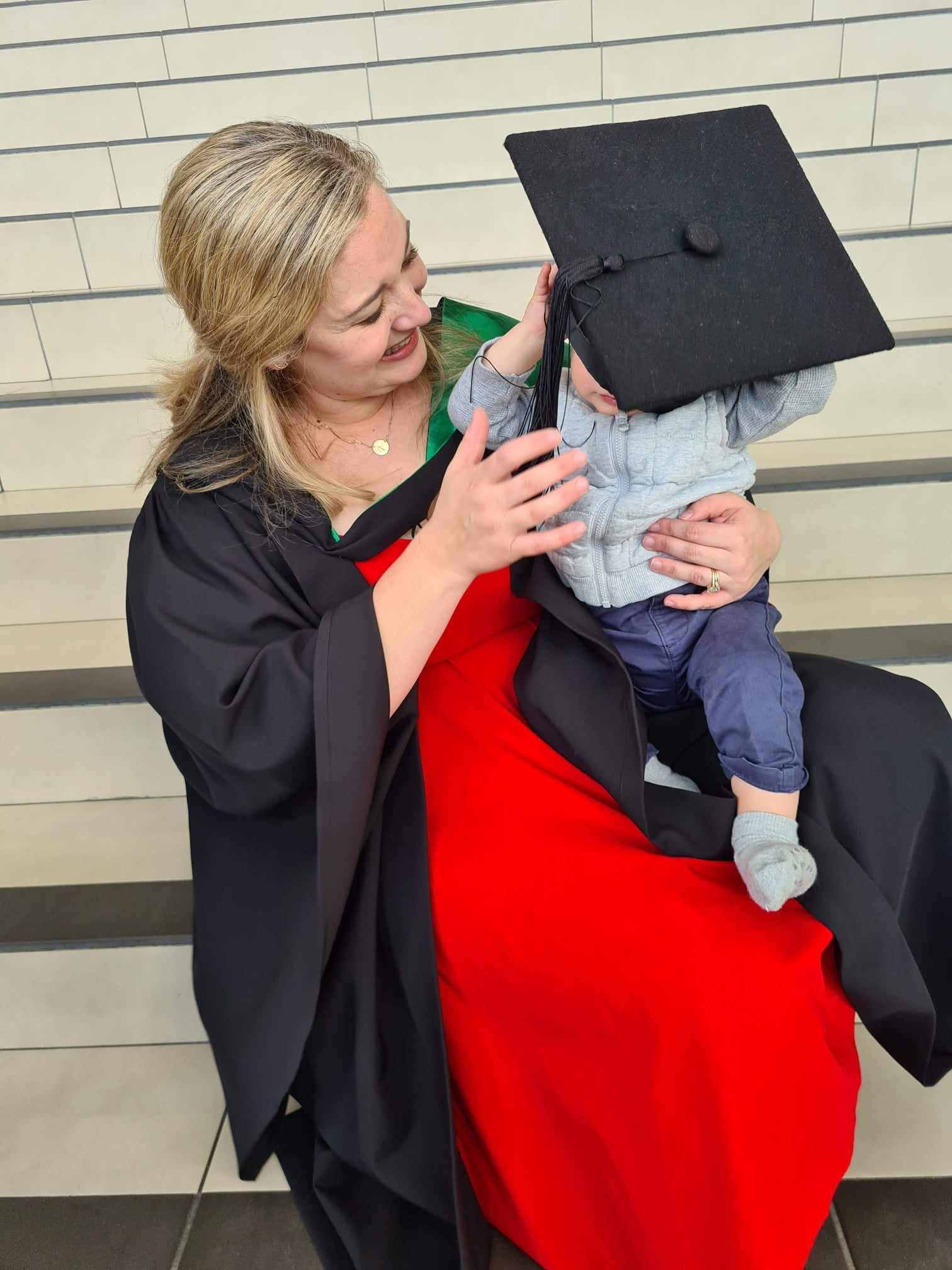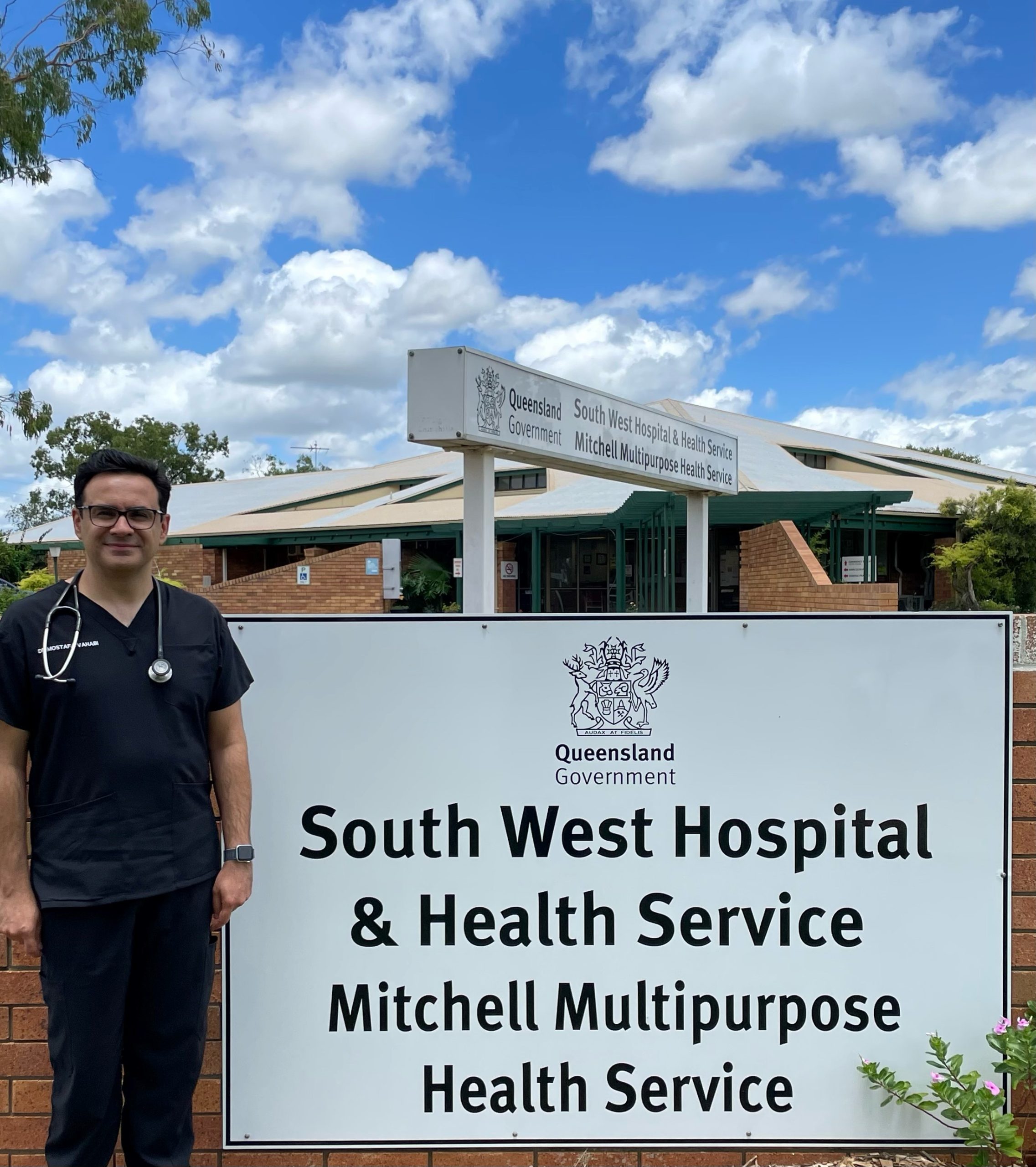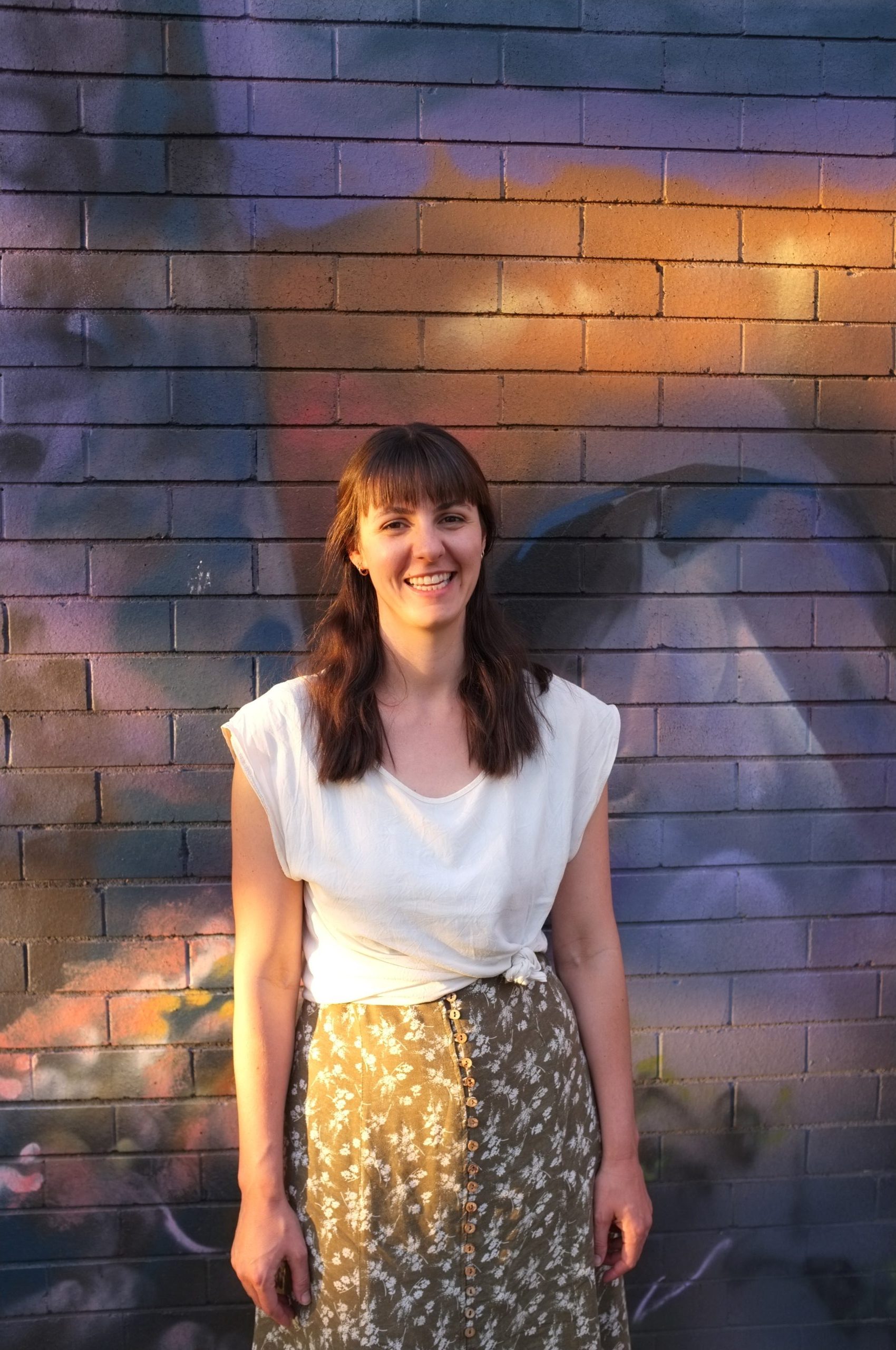In recent years the rural obstetric workforce has faced significant challenges and has seen the threat and actual closure of rural birthing facilities across the state. In January 2024, the Queensland Rural Generalist Pathway (QRGP) launched a new Rural Generalist Obstetric Support Program, via funding from the Queensland Government’s Rural and Regional Birthing Services budget measure.
We asked QRGP’s newest Rural Generalist Training Advisor (RGTA) and Obstetric Support Program lead Dr Josephine Pearson, to share with us the details of the project, the new team and her passion for Rural Generalist Obstetrics.
“Obviously rural obstetric workforce shortages are complex and multifaceted, and they are difficult to tackle as a whole. In recent years we noticed a decline in the number of obstetric Advanced Skills Training (AST) applicants and a decline in yearly skills completion. We wanted to focus our efforts on the things we could change and make a positive difference in – making Rural Generalist Obstetrics AST more attractive to new trainees, and when trainees commence the program, ensure they complete their training and logbooks in a timely manner. The focus is on creating a multifaceted and sustainable solution that looks beyond merely extending training time”.
The five key components of the program are:
- dedicated Rural Generalist Consultants who will be onsite with DRANZCOG Advanced Trainees regularly and available remotely to provide support, mentorship, contextualised learning, and help develop clinical courage and confidence in applying skills to a rural context.
- A three-day intensive workshop in August to address and assist skills acquisition and logbook sign off and address specific challenges trainees face, such as upskilling in ultrasound procedures and more.
- Fees associated with DRANZCOG Adv training, exams and travel to attend exams will be covered while funding allocation allows.
- Work is underway to establish short-term high-acuity skills posts in metropolitan centres to support trainees who might face difficulties in fulfilling logbook requirements.
- An online rural obstetric community of practice, the Queensland Rural Generalist Obstetric Network, will be established to provide a professional network for all RGOs to discuss cases, support each other and keep abreast of changes as they happen.
Josie will be aided by the broader QRGP team and our newly appointed Rural Generalist Consultants, all of whom are practising RGOs in rural communities: Dr David Barker (Beaudesert), Dr Cassandra McKay (Mareeba), Dr Lucinda Anderson (Innisfail) and Dr Clare Walker (Longreach).
“Forging positive relationships with tertiary training facilities and supervisors via the Rural Generalist Consultants, ensuring adequate skills are gained throughout the training period with particular attention to rurally contextualised learning, bridging gaps as necessary, and fostering a sense of clinical courage and confidence and connection for new and existing RGOs is what the program is all about.”
When reflecting on her role in this project and as an RGTA, Josie shares that she has drawn heavily on her own experiences training in rural obstetrics and the mentorship and guidance she received in the early years from fellow RGTA Dr Leanne Browning and colleagues doing the role.
“I was inspired by Leanne. She knew I wanted to do obstetrics as my advanced skill, she gave me the recipe of the steps I needed to take to make that happen and everything has fallen into place. I want to be able to provide the same support and high-level mentorship to the next generation of RG Obstetricians.”
Josie’s passion for both rural generalism and women’s health and obstetrics is clear. “I love the broad scope of practice and the multi-generational care across multiple contexts and platforms that is rural generalism.”
“Pregnancy for women and their families is one of the most memorable, vulnerable and important life events that you can go through. I think it is so important that women and their families have access to safe, high-quality care as close to home as possible, just as their counterparts in the city might.”
Josie reflects that her own journey to becoming a mother of triplets has helped her gain unique insights into the many challenges of a high-risk pregnancy, relocation and delivering away from home that some of her patients inevitably experience.
“I can relate to patients on a personal level and say, hey, I’ve been there, I understand some of these challenges and offer certain tips and tricks, like how it works to be a resident at Ronald McDonald House, what I wish I’d known and what helped my family and I cope with what we were going through.”
In her pursuit of balance between career and family, Josie has worked hard to find a rhythm that works for her. She values the time spent with her family and is excited to be able to extend her professional life through her role as RGTA, Rural Generalist Consultant and Program Lead which she sees as both an opportunity and unprecedented privilege.
As she looks to the future, Josie remains a steadfast advocate for rural obstetrics, and is “excited to see this project come to fruition as a sustainable solution to a complex problem, with the ultimate aim of improving attraction and retention of RG Obstetricians and ultimately, in the delivery of rural obstetric services across Queensland.”
For more information on the Training Support Program click here.







